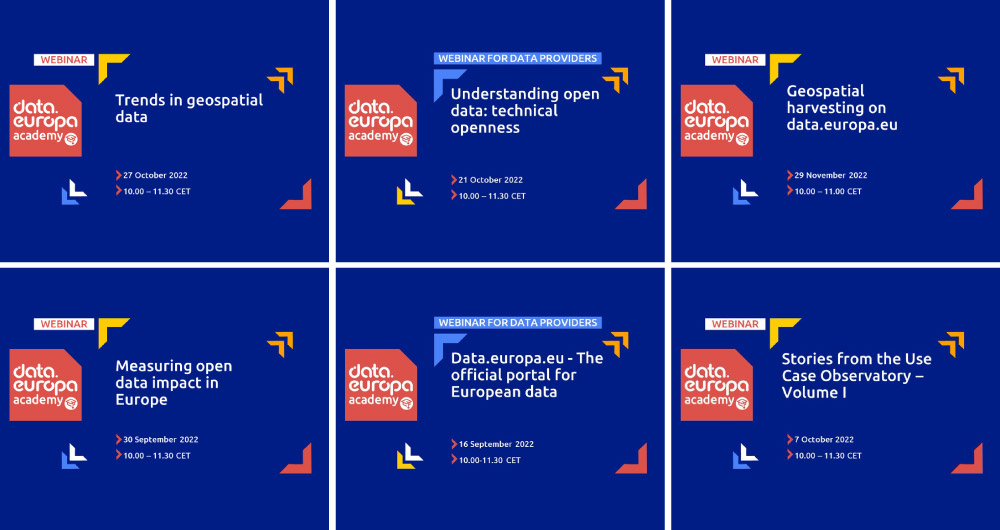13 posts found
Benefits and opportunities of public initiatives for open data visualisation
Imagine you want to know how many terraces there are in your neighbourhood, how the pollen levels in the air you breathe every day are evolving or whether recycling in your city is working well. All this information exists in your municipality's databases, but it sits in spreadsheets and technical d…
Data on the banking sector: sources of access
Access to financial and banking data is revolutionising the sector, promoting transparency, financial inclusion and innovation in economic services. However, the management of this data faces regulatory challenges in balancing openness with security and privacy.
For this reason, there are different…
DGT datasets to help improve traffic and road safety
The General direction of traffic (DGT in its Spanish acronym) is the body responsible for ensuring safety and fluidity on the roads in Spain. Among other activities, it is responsible for the issuing of permits, traffic control and the management of infringements.
As a result of its activity, a larg…
PET technologies: how to use protected data in a privacy-sensitive way
As organisations seek to harness the potential of data to make decisions, innovate and improve their services, a fundamental challenge arises: how can data collection and use be balanced with respect for privacy? PET technologies attempt to address this challenge. In this post, we will explore what…
Open data in local authorities: priorities and highlighted datasets
Local public bodies, such as county councils and municipalities, play a crucial role in opening their data to the public. Making data available to citizens not only builds trust in institutions, but also drives innovation, facilitates citizen participation and promotes informed decision-making. Thro…
How to present open data accessibly
Open data should be inherently accessible, meaning it must be available for free and without barriers that could restrict access and reuse. Accessibility is a fundamental and complex issue because it means that these data sets should not only be available in reusable formats but also that anyone sho…
Big Data Test Infrastructure: A free environment for public administrations to experiment with open data
The Big Data Test Infrastructure (BDTI) is a tool funded by the European Digital Agenda, which enables public administrations to perform analysis with open data and open source tools in order to drive innovation.
This free-to-use, cloud-based tool was created in 2019 to accelerate d…
Open science and information systems for research
The European Open Science Cloud (EOSC) is a European Union initiative that aims to promote open science through the creation of an open, collaborative and sustainabledigital research infrastructure. EOSC's main objective is to provide European researchers with easier access to the data, tools and re…
European Webinars: Open Data to Drive the Economy and Democracy in Europe
Open data is a highly valuable source of knowledge for our society. Thanks to it, applications can be created that contribute to social development and solutions that help shape Europe's digital future and achieve the Sustainable Development Goals (SDGs).
The European Open Data portal (data.europe.e…
From the legal perspective of open data to the importance of its re-use: 15 data.europa.eu webinars to broaden your knowledge
Over the past year, the academic section of data.europa.eu expanded its open data training offer by publishing new conferences, courses and workshops. Thus, data.europa.academy shared a total of 15 webinars related to open data, data spaces and other topics and technical issues around the data econo…









